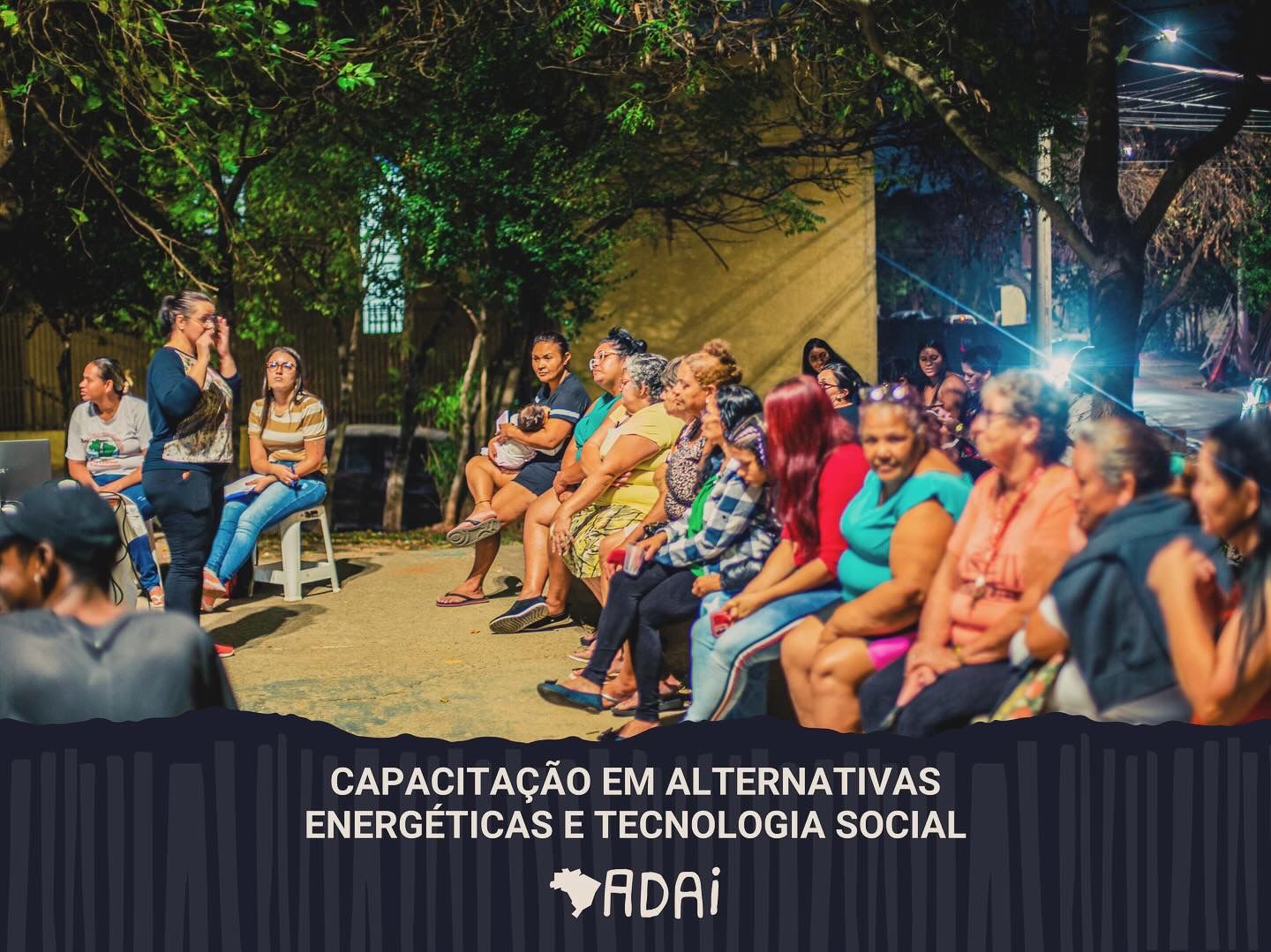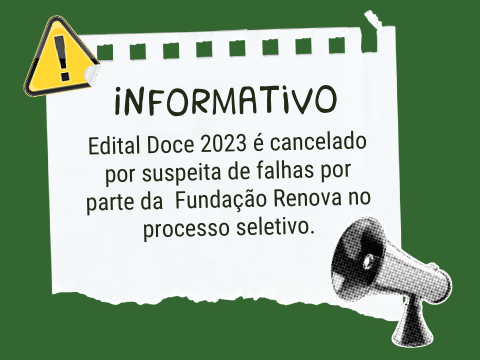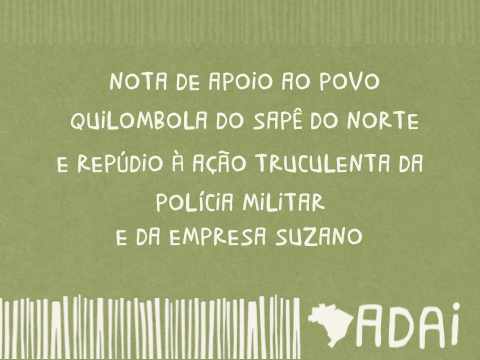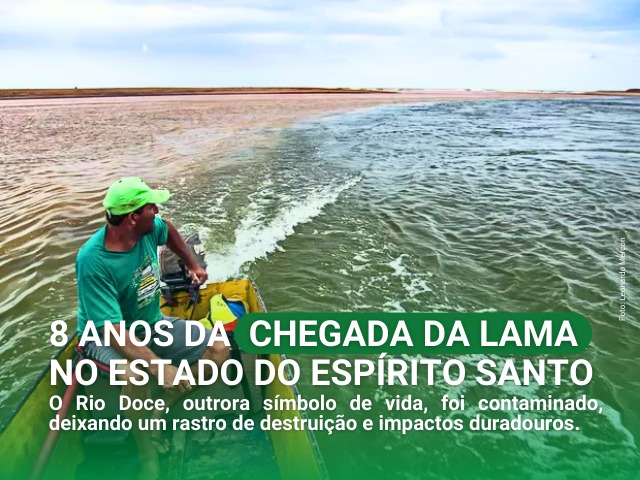Energy Education and Sustainability Initiative in Perus and São Miguel Paulista: Theoretical Workshops and Solar Panel Installation

The project “Training in energy alternatives and social technology – using the potential of solar energy to heat water”, promoted by the Interstate Agricultural Development Association, with the support of the Federal Government’s Ministry of Science, Technology and Innovation, has concluded the theoretical phase of the training, consisting of three workshops on the energy context in Brazil and the world, sustainable energy alternatives and the critical analysis of energy aspects, which took place in the Perus and São Miguel Paulista neighborhoods, in São Paulo, the capital.
In the first workshop, they studied how social water heating technology works, understanding its advantages and how it can be applied effectively in local homes.
The second workshop addressed broader issues related to the organization and functioning of the Brazilian electricity sector, as well as discussing the various renewable energy alternatives available. Participants were encouraged to reflect on the role of clean energy in building a more sustainable future.
Finally, the third workshop focused on analyzing electricity tariffs and interpreting electricity bills. Participants learned about the different components that make up the energy tariff and how to identify opportunities for savings and energy efficiency in their homes.
The fourth practical workshop is scheduled for the next stage of the project. In this workshop, participants will have the opportunity to put into practice the knowledge acquired in the theoretical workshops and will learn the necessary procedures for installing and maintaining ASBC Solar Water Heating Plates in their homes.
As part of the project, it is planned to install 30 solar water heating panels that will benefit 28 families in the Perus and São Miguel Paulista regions, providing savings of up to 20% on the energy tariff of those benefiting, as well as the installation of two panels at the CIEJA – Centro Integrado de Educação de Jovens e Adultos (Integrated Youth and Adult Education Center) municipal public school in the Perus district.
The project’s impact in the regions represents an important step in empowering communities on issues related to sustainable energy. As well as providing theoretical knowledge, the workshops and distribution of solar panels aim to raise awareness and engage local communities in the transition to a more sustainable and energy-efficient future.



